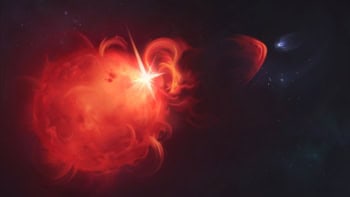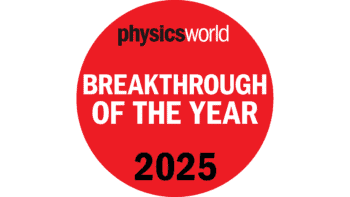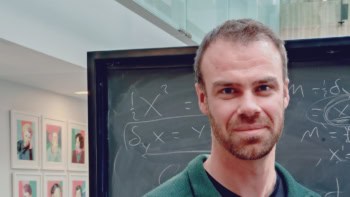In this podcast, Physics World reporter James Dacey visits Jodrell Bank Observatory in the north of England to find out how this now iconic astronomy centre became embroiled in the political events of the Space Race. Jodrell astronomers tell stories from the time, including the intriguing tale of what the Soviets were up to at precisely the same time that Neil Armstrong was stepping onto the lunar surface
The podcast provides a history of Jodrell Bank, explaining how the observatory was created in 1945 using the radar technologies and expertise developed during the Second World War. The observatory was founded by Bernard Lovell, whose primary goal was to detect cosmic rays, though this initial aim never come to pass. Jodrell Bank’s associate director Tim O’Brien looks back on these early years and how the enthusiasm of the first Jodrell astronomers led to them to commission what would be the world’s largest radio telescope – a giant steerable dish, 250 feet in diameter, now named the Lovell Telescope.
Having moved away from the military applications of radar technology to refocus on fundamental science, Lovell and his colleagues were soon drawn back in as the Cold War escalated. In 1957 the British government asked whether Jodrell Bank’s new giant radio dish could be used to track the rocket used to launch Sputnik I, the world’s first artificial satellite. The fear at the time was that the Soviets would use the same rocket technology to fire an intercontinental ballistic missile at the West. For a brief period in the early 1960s, Jodrell Bank was placed on stand-by to look out for such a dire eventuality, given that it was the only location in the West that could accurately track the missile.
Dacey also meets a former director of Jodrell Bank, Francis Graham-Smith, who describes how the observatory teamed up with the Daily Express newspaper in 1966 as the two organizations collaborated to interpret a mysterious signal being beamed back to Earth by the Soviet mission Lunar 9. To find out how this unlikely pairing came about and what it discovered, give the podcast a listen.




